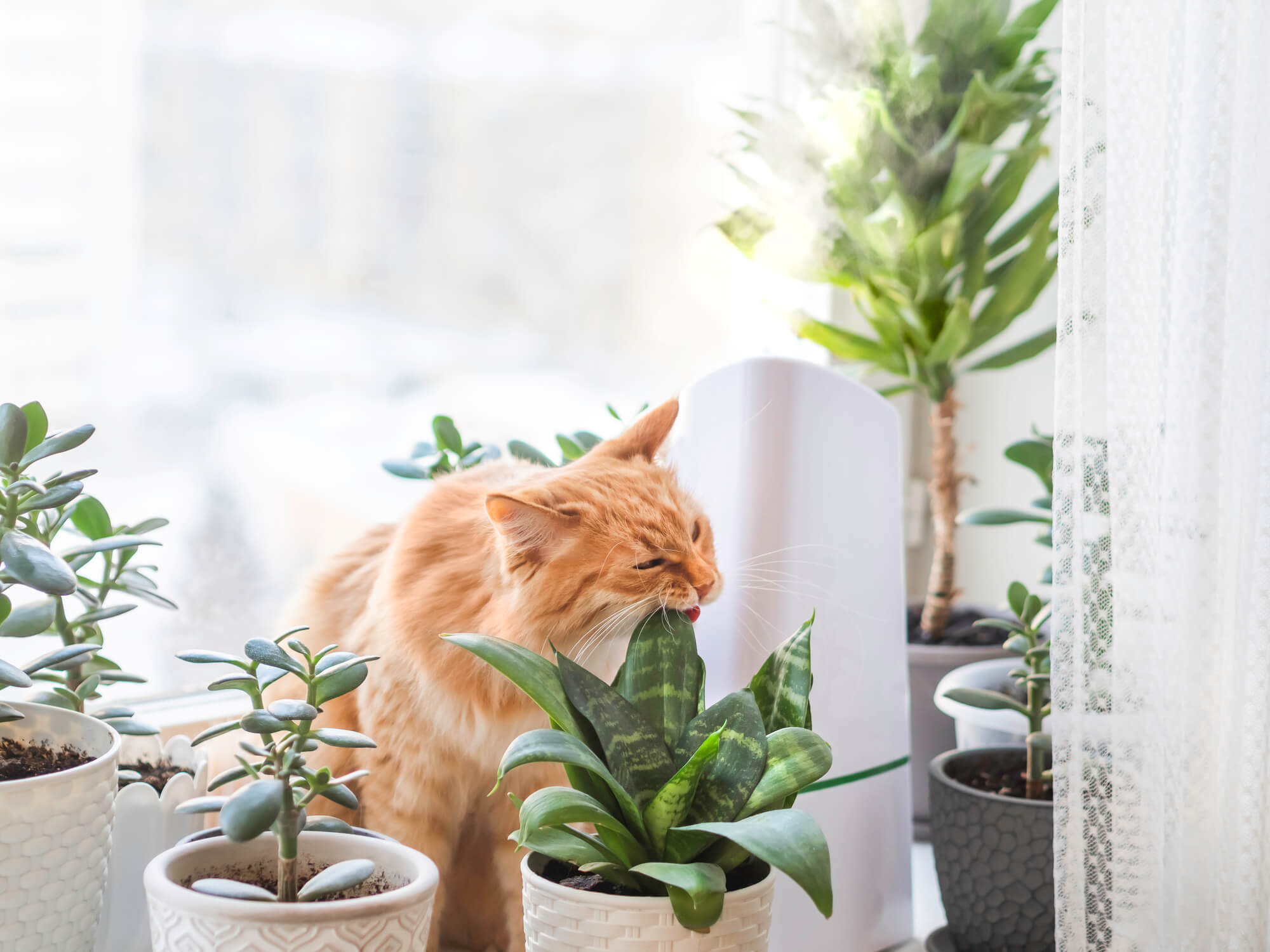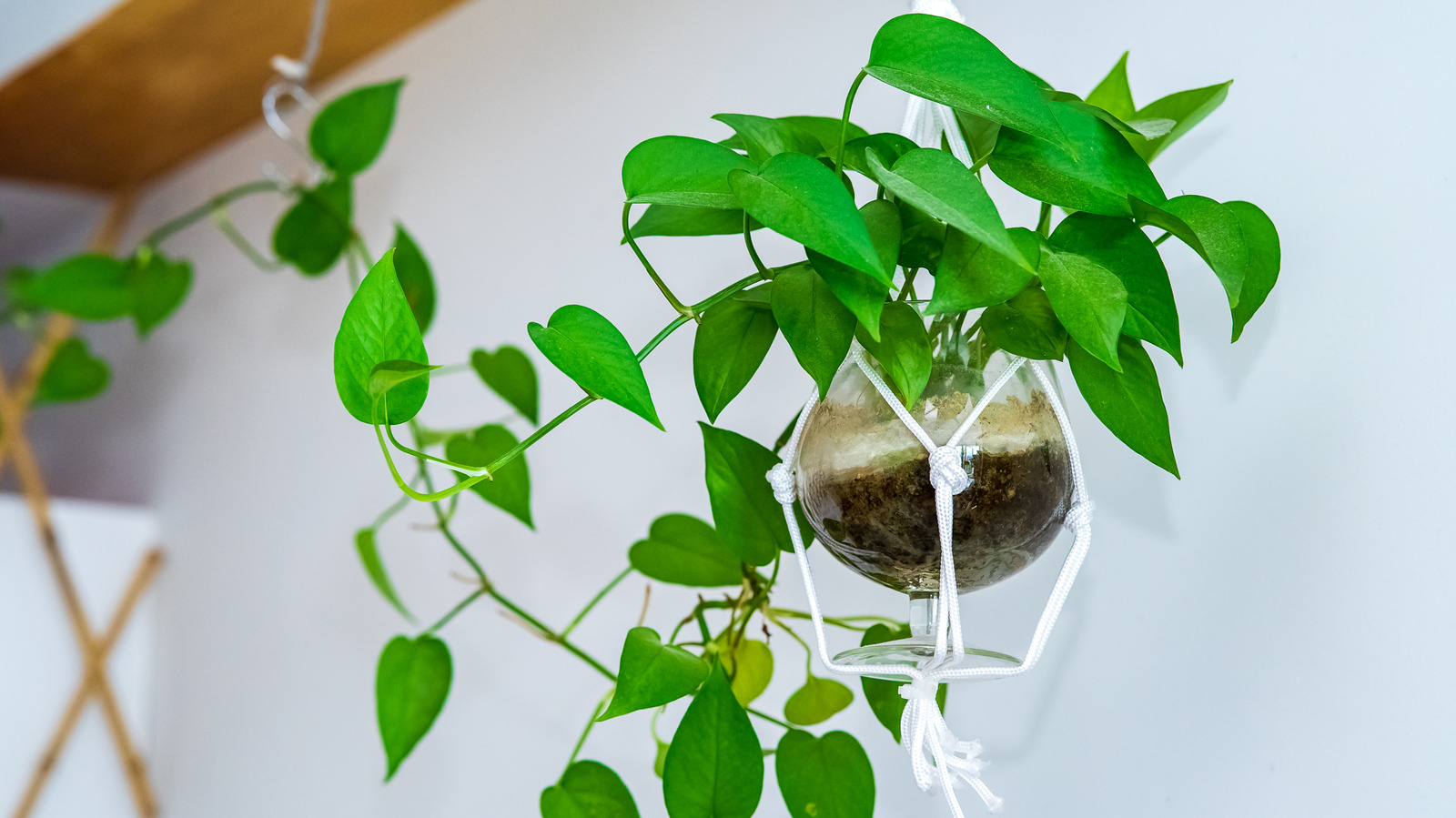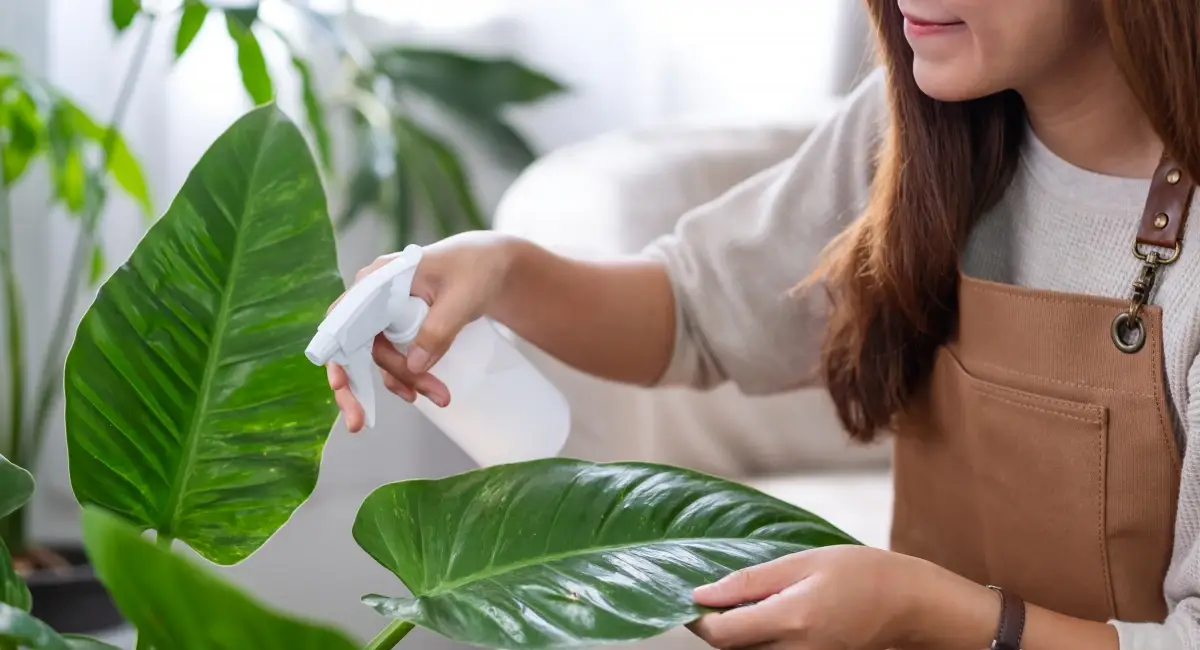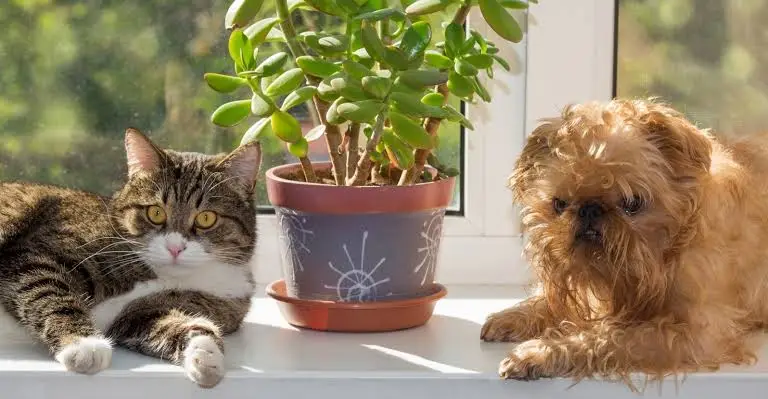Best Indoor Plants For Air Purification Safe For Pets: Top Choices for Your Home
Introduction:
Most people today want ways to keep their home air clean. Living plants naturally freshen and beautify the air within our spaces. Since you have pets you need to find plants that do not hurt their health. We need to identify plants that clean air and remain nontoxic to animals so everyone in your household can benefit.
This article shows the best plant choices that remove indoor air pollution and are safe for your pets alongside steps to blend beauty with pet-friendly and healthy air environments.
Understanding Best indoor plants for air purification safe for pets:
Our physical health depends on the quality of air in our homes. Every household contains unseen pollutants such as dust and pet dander mixed with chemical residues from household cleaners and VOCs emitted by wooden furniture or paint. Low air quality in homes triggers allergies and respiratory challenges plus other health risks.

Plants serve double duty by removing toxins while creating clean oxygen and moist air. Based on the NASA Clean Air Study some plants efficiently clean the air inside homes making them ideal choices for enhancing home environments.
Pick your house plants carefully because they could harm your pets. Several popular air-cleaning plants contain ingredients that might hurt animals when they eat them. You have to choose plants that are pet friendly.
Best indoor plants for air purification safe for pets
Here is a listing of indoor plants which can be recognized for their air-purifying residences and are safe for pets:
1. Spider Plant (Chlorophytum comosum)
Why it’s excellent for air purification:

- Spider flora are incredible at eliminating formaldehyde, xylene, and toluene from the air.
- They are clean to take care of and thrive in brilliant, indirect light.
Pet Safety:
- Non-toxic to pets, such as cats and puppies.
Care Tips:
- Water moderately and permit the soil to dry out between watering.
- Prefers well-draining soil and oblique sunlight.
2. Areca Palm (Dypsis lutescens)
Why it’s fantastic for air purification:

- Known for eliminating pollution like formaldehyde, xylene, and toluene.
- It additionally acts as a herbal humidifier, helping hold moisture in the air.
Pet Safety:
- Non-poisonous to pets, including cats and dogs.
Care Tips:
- Needs vibrant, oblique daylight.
- Water while the pinnacle inch of soil feels dry.
3. Boston Fern (Nephrolepis exaltata)
Why it’s splendid for air purification:
- Boston ferns are powerful air purifiers, able to disposing of formaldehyde and different dangerous chemical compounds.
- They also help keep humidity in dry indoor environments.
Pet Safety:
- Safe for cats and puppies.
Care Tips:
- Prefers excessive humidity and indirect light.
- Keep the soil constantly wet, however not waterlogged.
4. Bamboo Palm (Chamaedorea seifrizii)
Why it’s splendid for air purification:

- Bamboo fingers are effective at disposing of formaldehyde, benzene, and trichloroethylene.
- It’s also an super desire for enhancing indoor humidity.
Pet Safety:
- Non-poisonous to pets, making it a secure preference for houses with cats and dogs.
Care Tips:
- Thrives in mild to brilliant indirect light.
- Water when the soil feels dry to touch.
5. Prayer Plant (Maranta leuconeura)
Why it’s notable for air purification:
- Prayer plants dispose of VOCs like benzene and formaldehyde from the air.
- They’re additionally known for his or her stunning, patterned leaves.
Pet Safety:
- Safe for each cats and puppies.
Care Tips:
- Prefers bright, indirect mild and excessive humidity.
- Keep the soil wet, however no longer soggy.
6. Calathea (Calathea spp.)
Why it’s notable for air purification:

- Calatheas are powerful at disposing of not unusual household pollution which includes formaldehyde and xylene.
- They are also recognized for their beautiful foliage, that could add a tropical touch to any room.
Pet Safety:
- Safe for pets, such as cats and dogs.
Care Tips:
- Prefers low to medium mild.
- Keep the soil continuously wet and keep humidity across the plant.
How to Choose Pet-Safe Air Purifying Plants
When selecting plant life for your home, there are some matters to preserve in mind:
1. Check Pet Safety:
Always confirm whether or not a plant is toxic to pets. Many plant life can purpose vomiting, diarrhea, or more serious fitness issues if ingested by means of animals. Refer to pet-secure plant lists from legitimate assets like the ASPCA.

2. Consider Your Home Environment:
- Light situations: Some vegetation require vivid daylight, whilst others thrive in low mild. Be certain to select flowers as a way to thrive in your property’s lights situations.
- Humidity and temperature: Certain vegetation, including ferns and calanthes, require better humidity. Make positive to hold the right situations for your plant life to thrive.
3. Ease of Care:
If you’re a novice plant owner, recollect selecting low-maintenance vegetation like spider vegetation and bamboo arms. These plants are forgiving and may live to tell the tale with minimum interest.
Comparison Table of Pet-Safe Air Purifying Plants
| Plant Name | Air-Purifying Properties | Pet Safety | Light Requirements | Care Tips |
|---|---|---|---|---|
| Spider Plant | Removes formaldehyde, xylene, toluene | Safe | Bright, indirect light | Moderate watering, well-draining soil |
| Areca Palm | Removes formaldehyde, xylene, toluene | Safe | Bright, indirect light | Water when soil is dry, prefers humidity |
| Boston Fern | Removes formaldehyde, other toxins | Safe | High humidity, indirect light | Keep soil moist, needs humidity |
| Bamboo Palm | Removes formaldehyde, benzene, trichloroethylene | Safe | Moderate to bright light | Water when dry, avoid soggy soil |
| Prayer Plant | Removes VOCs like benzene, formaldehyde | Safe | Bright, indirect light | Keep soil moist, high humidity |
| Calathea | Removes formaldehyde, xylene | Safe | Low to medium light | Keep soil moist, prefers high humidity |
FAQs About Pet-Safe Air Purifying Plants
1. Are all indoor flowers safe for pets?
No, many commonplace indoor flora, such as lilies, poinsettias, and philodendrons, can be toxic to pets. It’s vital to pick plants that are specifically categorized as safe for cats and puppies.
2. How do plant life purify the air?
Plants purify the air through a process referred to as phytoremediation. They soak up pollutants like formaldehyde and benzene through their leaves and roots, converting them into less dangerous substances. Additionally, flora launch oxygen and increase humidity.
3. Can I even have more than one air-purifying plant in my domestic?
Yes! Having more than one vegetation in your private home can in addition improve air first-class. Just make sure to area them in spots with the proper amount of light and make certain they are secure on your pets.
4. How can I hold the fitness of my plant life?
To keep your vegetation healthful, make sure they get an appropriate quantity of light and water. Regularly test for pests, and easy their leaves to put off dirt, that could block their potential to take in pollutants.
5. What need to I do if my pet eats a plant?
If you think your pet has ingested a poisonous plant, touch your veterinarian right away. They can manual you on the following steps and provide essential treatment.

Conclusion
Choosing the proper indoor flowers for air purification is a wonderful manner to enhance your property’s environment. However, when you have pets, it’s vital to pick out plant life which might be secure for them. Spider flora, areca arms, bamboo arms, and numerous others on this list are not best powerful air purifiers however also safe on your furry buddies.
By selecting the proper plants and keeping their health, you could create a stunning, pet-pleasant space that improves your indoor air exceptional
